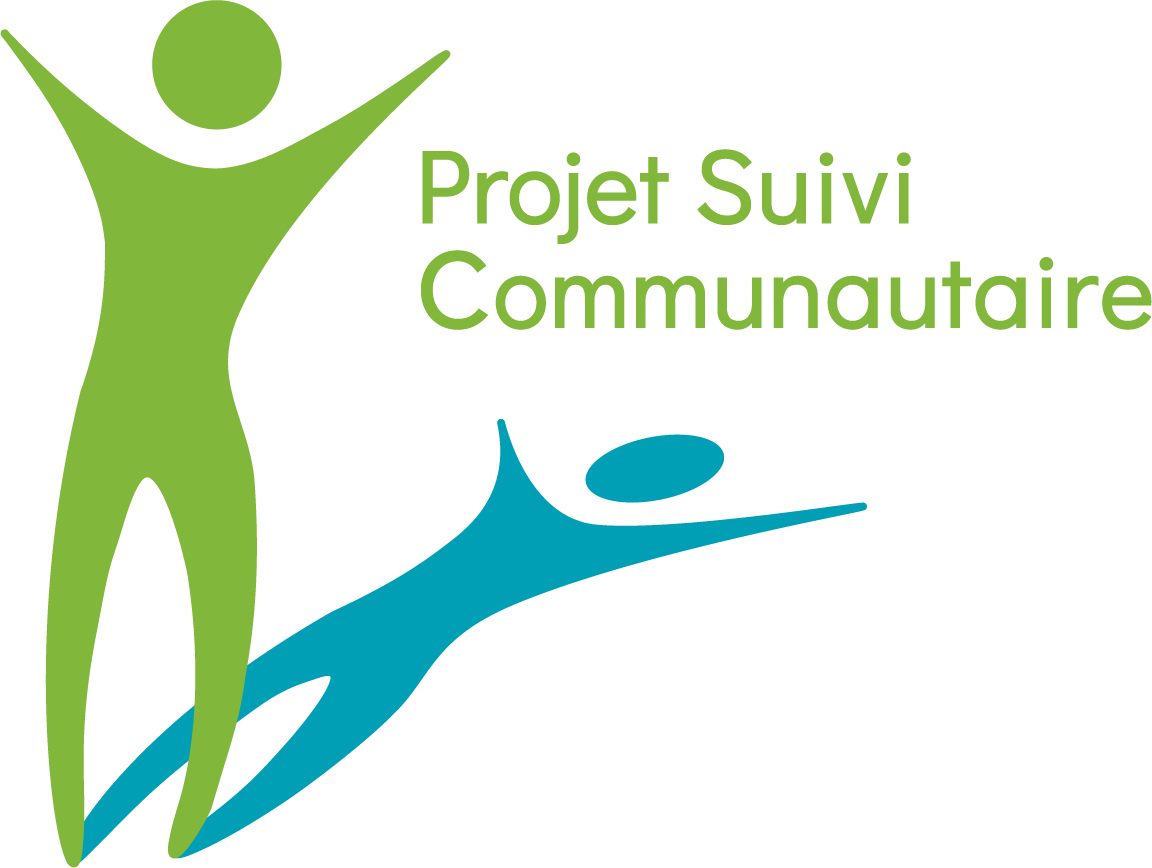
History
Projet Suivi Communautaire (PSC) was created as a result of deinstitutionalization along with the establishment of resources within the community. As a result, this caused a substantial closure of beds in psychiatric hospitals. Consequently, these closures affected many individuals who were receiving services from the hospitals and caused them to be left without any help. In order to ensure follow-ups, outpatient clinics were set up. Unfortunately, maintaining a proper contact with patients became a challenge. In the absence of sustained care, people in this group ended up with psychiatric emergencies on a cyclical basis; a case of the revolving door syndrome.
PSC originated based on needs in the community by offering services located within their respective environments. In 1984, the Sud-Ouest (South-West) Advisory Committee, made up of members of community organizations, users and people from the Douglas Hospital, created what would become Projet Suivi Communautaire. Through community support efforts, as well as the expertise from various partners, the primary objectives of this project began to blossom. In 1985, the planning committee transformed into a board of directors and a charter for a non-profit organization was obtained May 18, 1986. During this first year, three community workers began working with people while the coordinators focused their energy on the structure of the organization.
PSC quickly received the mandate to support the establishment of new resources in the community, such as the crisis centers L’Autre Maison and West Island Montreal, Centrami support group, Expression Lasalle, PABEMSOM, CADRE and Habitation d’Aragon-Jogues, to name a few. Along with regional development, the organization continues to work in the field to develop the practice of community monitoring. In 1989, the awarding of the Persillier-Lachapelle prize (for excellence from the health and social services network) underscored the excellence of the services that had been developed.
In 2004, the organization developed a new area of expertise initially called “Community Integration Program”. Originally, the goal of this service was to help people living in the McGill-Douglas residential network integrate back into the community by moving into a more independent living environment. Now known as the Housing Integration Service, the service has evolved and is available to anyone with mental health challenges who wish to start the process of integrating into housing and community life.
In 2013, the Housing Integration Team began drafting what would later become Projet Habitation Communautaire. In 2020, the housing project Les Écluses opened its doors in Pointe-Saint-Charles. Projet Suivi Communautaire offers community housing management for the sixteen housing units.
Projet Suivi Communautaire is now considered a dynamic contributor in the the South-West area of Montreal by working with people living with mental health challenges and helping them improve their well-being and living conditions. As a member of the ROSAC, PSC meets the criteria of being considered an alternative community support organization and has various service agreements with the affiliated CIUSSS’s.

Philosophy
The uniqueness of our organization lies in the philosophy underlying the resource, namely alternative community support. Our first goal is to work on the well-being and autonomy of the person in order to allow them to improve their quality of life. To achieve this, we offer personalized services that are tailored to individuals’ needs.
One key concept guides our work, the person must be involved in the process. We work with the person in a relationship based on trust and focused on sharing. We encourage the person in their self-development and autonomy, by helping them work towards their personal goals and supporting them throughout the process. We work with them to develop a intervention plan based on the needs they identify. For us, this is not about taking charge, but rather about support and accompaniment. Projet Suivi Communautaire does not work from a preconceived image of the person. Our practice is guided by certain shared principles with other community mental health organizations such as:
A global image of the person: Throughout the follow-up, work is done with the person to assess the different aspects that define their links with the community and with their environment.
Empowerment: This process includes four dimensions (participation, technical competence, self-esteem and critical awareness).
A welcoming attitude : this focus on acceptance leaves room for the participation of the person on a free and voluntary basis, and this, in accordance with his/her own rhythm or pace and without judgment.
Action in the community: It’s part of a social change project. The intervention not only aims to improve the person's adaptive capability, but also to initiate changes in the community to facilitate the person’s social integration.
An alternative to bio-psychiatry: One of the values of the community movement is the defense of diverse practices and approaches. In this sense, we question the exclusive use of the bio-psychiatric model as a response to mental health challenges, as well as the medicalization of social problems.
